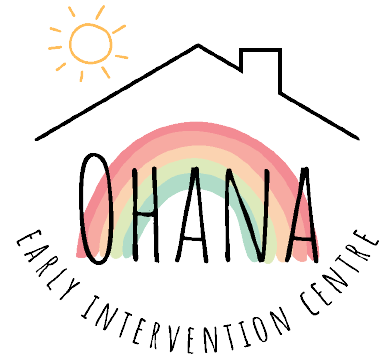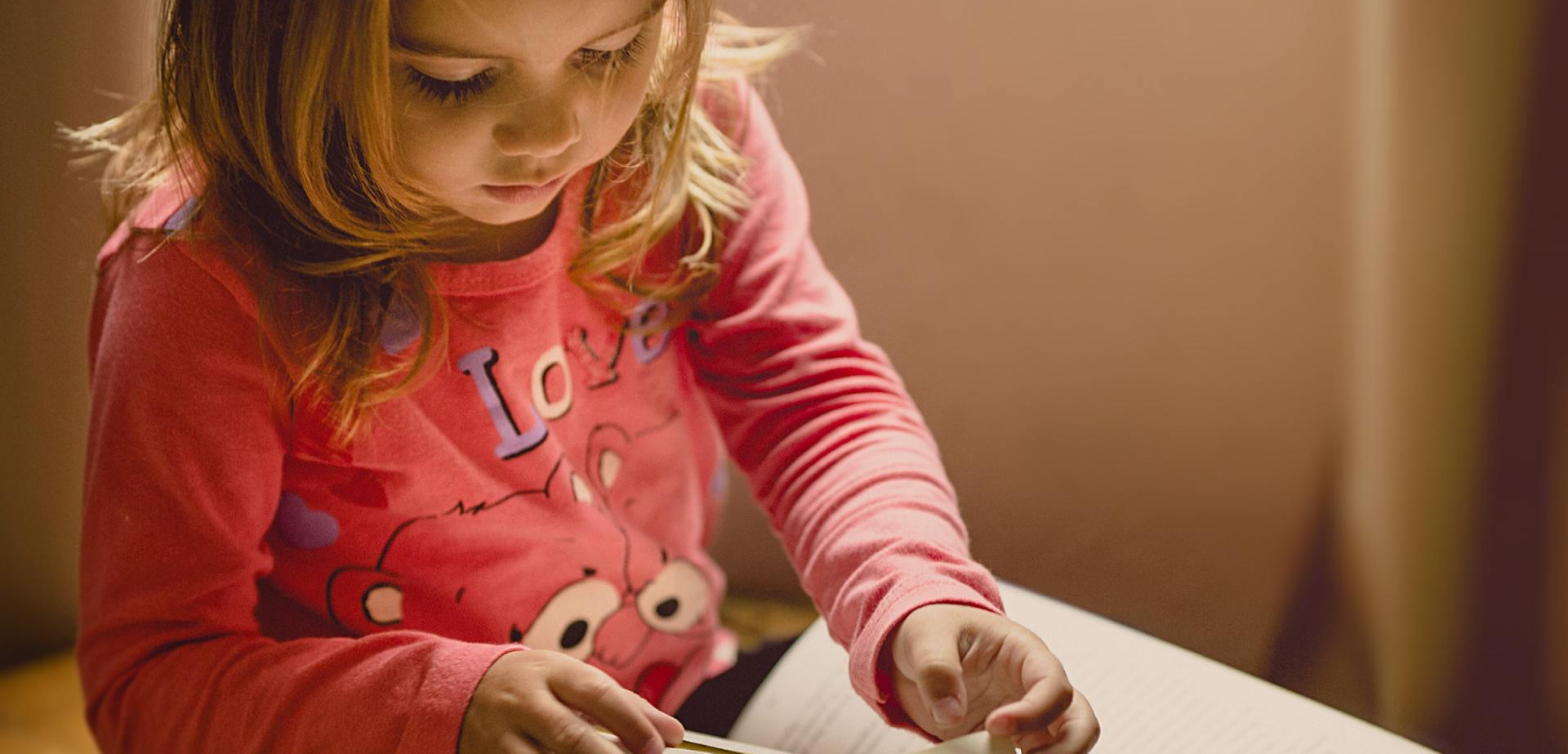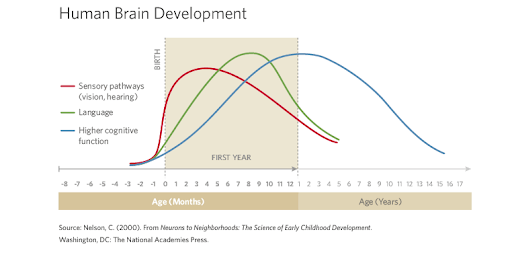Innovative Therapies For Children
Speech & Language Therapy
Promotes the development of receptive and expressive communication skills essential for learning, relating to others, and self-expression. The therapist utilizes multi-sensory cues, visuals, modeling, and motivating play activities to build the child's understanding and use of language, including speech sounds, vocabulary, grammar, social communication, and alternative communication methods as needed.
Sensory Integration Occupational Therapy
Aims to help children process sensory information more effectively from the environment and their own bodies. Through carefully designed activities that provide vestibular, proprioceptive, and tactile input, the therapist guides the child in better integrating and regulating their sensory experiences. This supports improved focus, behavior, motor skills, and participation in daily life activities.
Neurodevelopmental Physiotherapy
Facilitates the child's gross motor skill development through a holistic, relationship-based approach. By analyzing movement patterns and developmental foundations, the therapist creates individualized handling and positioning techniques. Through playful interactions, the child is empowered to explore and master motor abilities like head control, sitting, crawling, and walking in a supportive therapeutic relationship.
Art Therapy
Harnesses the inherent therapeutic value of the creative process and artistic media. Through open-ended explorations with diverse art materials, the therapist cultivates a safe space for the child to freely express themselves, process emotions, build skills like decision-making and abstract thinking, and enhance their self-awareness and self-esteem. The artwork serves as a meaningful bridge for communication.
Music Therapy
Employs the motivating and organizing effects of music to address non-musical goals across developmental domains. Using live music interactions, instrument play, movement, and multi-sensory musical experiences, the therapist establishes a unique connection with the child. This relationship nurtures communication, social skills, emotional regulation, motor skills, cognition, and overall wellness through music's universal language.
Play Therapy
Utilizes the natural medium of play to help children express themselves, explore relationships, make sense of life experiences, and develop coping skills. Through a warm, caring relationship with the therapist, the child engages in non-directive play using toys, games, art materials, storytelling, and other play-based methods. This process facilitates self-expression, learning, healing, and positive growth.
Early-Intervention Therapies
Research studies identify that the 4 areas most commonly impacted by autism in the early years are the capacity for joint attention, symbolic play, self-regulation and social communication. Our therapies and specialist nursery are specifically designed to target and support development in these key areas and to equip children with the preschool skills they need to help them thrive.
Ohana Centre’s mission is to enable children to achieve their full potential during the critical early years period.
Research into early development (JASPER, ESDM, DIR/Floortime) tells us that children showing early signs of autism or developmental delay benefit from a social pragmatic style of intensive therapeutic intervention in order to maximise their capacity for development and learning. This approach allows the child to develop a foundation for optimal brain development, without over emphasising surface behaviours and symptoms.
While neurotypical children prefer to look at the human face more than any other object, some autistic children and those with developmental delay prefer to look elsewhere for numerous reasons. As the human face is the primary source of social and emotional learning, young children's opportunities for learning and developing these , communication and problem solving skills are significantly compromised.
For example, autistic children are often absorbed in their own world, resulting in limited engagement with others. This way of being means that children miss vital opportunities for the social-emotional learning facilitated by mirror neurons which happens naturally for neurotypical children. In order to support their development during the early years, autistic children and those with developmental delay require high intensity teaching, coaching and encouragement to learn these skills that come naturally to their neurotypical peers. Without regular 1:1 support from the adults surrounding the child (including parents, teachers, therapists and others) the child may continue to struggle with mastering essential early stages of emotional interaction and typical developmental steps.
Differentiation in our model
Our services have been designed to address the needs of children at different developmental stages. Our portfolio of individual therapies can be bolted together in unique ways to create a bespoke package for children and to ensure that they have the optimal balance of support and challenge, essential to help them flourish.
Regardless of chronological age, children may have developmental needs spanning across a number of areas as well as individual strengths that is used to help promote the child's development and overcoming barriers to learning. Following an initial assessment, an individual therapy plan will be developed and may later progress to include multidisciplinary group therapy.
Most interventions will take place at our child-friendly Ohana Centre Therapy Centre. However, we may also be able to offer telephone or online support to parents and carers who have accessibility issues or are not able to attend the centre.
Our range of services includes:
- Early Intervention Sensory Integration Occupational Therapy (OT)
- Neurodevelopmental Physiotherapy
- Early Intervention Speech and Language Therapy (SaLT)
- Early Intervention Art Therapy (AT)
- Early Intervention Music Therapy (MT)
- Paediatric Autism Communication Therapy (PACT)
- Education, Health and Care Plan (EHCP) consultations
- Parental support
- Training and consultation for professionals
- Play therapy
At ohana centre our is aim is for children, families and carers to feel nurtured, safe and empowered to ensure their experience is:
Enjoyable
for children to enjoy their experience and be excited to take part in their therapies at Ohana Centre.
Meaningful
Innovative
Inclusive
Blended Therapy Approach
Ohana Centre offers not only a variety of therapy interventions but also utilises a range of different multidisciplinary models to create a unique blended therapeutic approach. Working alongside the SENCO (our Ohana Centre Nursery or other external nursery) we ensure that the child's therapeutic goals aligns with the key learning areas from the Early Years Foundation Stage curriculum.
The therapies we currently offer include:
- Sensory Integration Occupational Therapy
- Neurodevelopmental Physiotherapy
- Speech and Language therapy
- Art Therapy
- Music Therapy.
- Play therapy
The early intervention approaches informing therapy include:
- Early Start Denver Model ( ESDM )
- Joint Attention, Symbolic Play, Engagement & Regulation Treatment & Approach ( JASPER)
- Developmental Individual-difference Relationship-based Model ( DIR-Floortime )
- PACT
Parent/carer involvement during 1:1 therapy sessions will differ from case to case. Some children may need their parent/carer to join the session, or in other instances the child may attend the session independently. Depending on the child's intervention plan, frequent parent training sessions may form part of the therapy plan. Regular meetings between the parent/s and therapist/s will be scheduled to review the child's progress and therapy goals.


